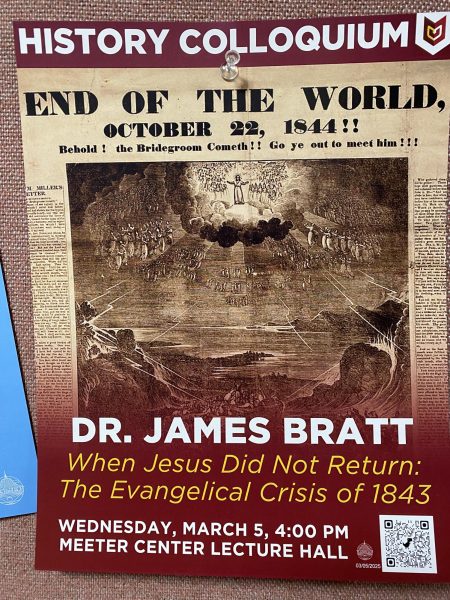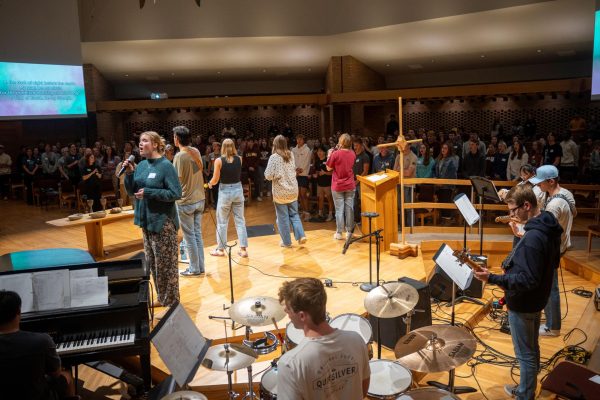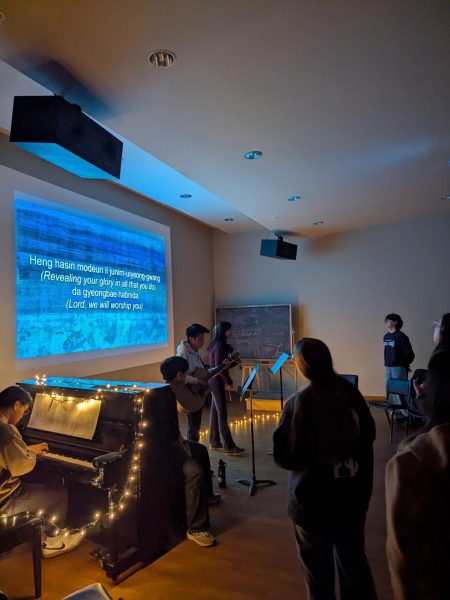CRC addresses hurricane disasters
In less than three weeks’ timespan, Hurricanes Harvey and Irma caused extraordinary damage across the United States, Haiti, the Dominican Republic and the Caribbean. The Calvin College community, including the Christian Reformed Church (CRC) and its ministries, responded on both local and international levels, commencing the months and often years-long process of recovery.
This week, World Renew (a CRC ministry) sent a team led by Bob Laarman, the organization’s Director of Disaster Response Services, to the Houston area to start relief efforts.
“One key task [in the days ahead] is to begin to define where the…response areas might be located,” Laarman wrote in a Sept. 6 update. “We look for underserved communities. Often these communities are outside easy access and away from the spotlight of news cameras.”
In the coming weeks, World Renew will also reach out to local partners in Florida and the Caribbean to address damages from Hurricane Irma. Multiple CRC ministries, including Back to God Ministries International and Resonate Global Mission, have missionaries and staff located in Miami, the Dominican Republic and Haiti.
“As we are called to be the hands and feet of Christ to this world, we look to the next few days and months as we prepare to help those most severely affected,” said Kenneth Kim, World Renew’s Director of Disaster Response and Rehabilitation, on the organization’s website.
Recent Calvin alumna Michaela Granner, a registered nurse in Saint Petersburg, FL, worked 72-hour shifts as part of her hospital’s disaster response team during Hurricane Irma.
“It’s really crazy, especially in my first month as a nurse,” she said. By the time the storm reached the area, Irma had significantly decreased in strength-—somewhat “anticlimactic” according to Granner, but of course a “blessing.”
“Better to be over prepared than underprepared,” Granner said. “[It’s] interesting, living in the center of the news. You can’t turn it off when you live in a place where it directly affects you.”
Granner encouraged those praying for hurricane victims and relief efforts to remember those outside of the highly-publicized Florida and Texas regions.
“It’s important to not be totally centric on the United States,” she said, citing the “devastated” islands in the Caribbean.
Nate Craddock, another recent Calvin graduate and a Voluntary Services AmeriCorps member with the American Red Cross, described the last few days as “a bit of a rollercoaster.” As he coordinates volunteer flow from Grand Rapids to the affected areas, Craddock has witnessed an outpouring of interest and compassion from the community.
Unfortunately, he said, not all impulses—however well-meaning—actually aid the recovery process.
“I’ve been… explain[ing] to people who see the stuff on TV in Houston or Miami and decide to ‘get in my car and go there’ … when people go down without the proper training and without a group or organization, it means another person that we have to take care of and shelter and feed.”
Commitments of two weeks or more allow organizations to coordinate and organize their efforts. “It’s just easier when everyone has a job and knows what they’re doing. We can actually delegate and work with community partnerships…. It’s not something you can do in a weekend or a week.”
Though longer-term service is difficult for college students and others with restricted schedules, Craddock noted that “people locally deal with the equivalent of losing everything in a hurricane.” Disaster relief is not restricted to one hurricane-affected area, just as assistance cannot be restricted to one week or weekend.
“What I notice when things like this happen,” said Craddock, “is that all of these petty differences we have—these big divisive issues right now—they tend to fade away. I’d say— let that fade. Let’s all come together as a community and do something.”






